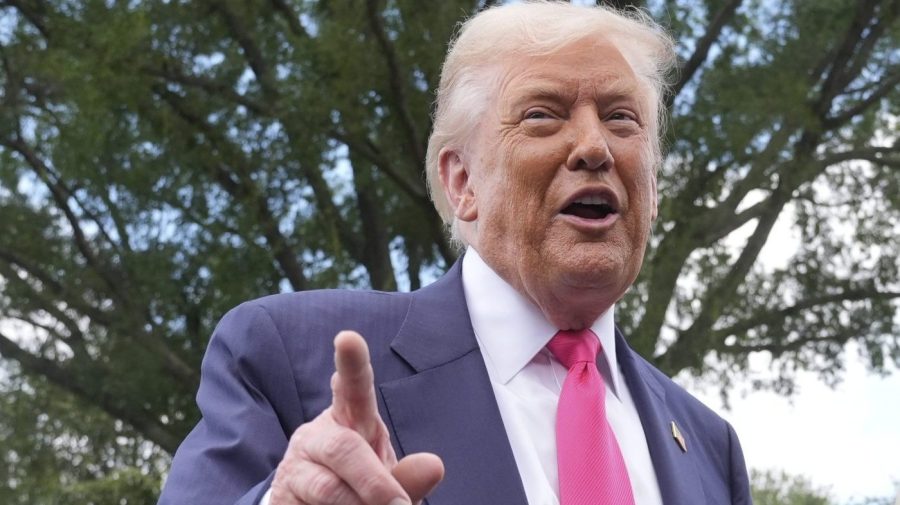Congress has enacted a significant bill that reduces funding for foreign aid and public broadcasting by approximately $9 billion. This decision comes as part of the Republican effort to implement cuts advocated by the Department of Government Efficiency (DOGE).
The approved legislation specifically allocates around $8 billion in cuts to the United States Agency for International Development (USAID). These reductions reflect a broader trend among lawmakers to reassess government expenditure priorities, particularly in the realms of international assistance and public media financing.
Details of the Funding Cuts
The bill marks a critical shift in U.S. budgeting, emphasizing fiscal restraint amid ongoing debates about national spending. The cuts to USAID are expected to impact various programs aimed at promoting development and humanitarian assistance worldwide. Critics argue that reducing these funds could hinder U.S. influence and support in key regions where aid is essential for stability and development.
In addition to foreign aid, public broadcasting funds are also set to be significantly decreased. These cuts could affect numerous public media outlets that rely on government support to deliver news and educational programming to the public. The implications of this funding reduction may lead to a decrease in the quality and availability of diverse media content.
Political Context and Reactions
Supporters of the cuts, primarily from the Republican party, argue that the reductions are necessary for achieving greater efficiency in government spending. They contend that reallocating these funds could enable the government to focus on more pressing domestic needs. Conversely, opponents warn that slashing foreign aid undermines America’s commitment to global partnerships and humanitarian efforts.
The passage of this bill is part of a larger political strategy by Republican lawmakers to establish a more austere fiscal environment. As budgetary discussions continue, the dynamics surrounding foreign aid and public media funding will likely remain contentious.
With the bill now approved, the focus shifts to its implementation and the potential ripple effects on international relations and domestic media landscapes. Observers will be watching closely to see how these reductions will reshape U.S. engagement with the world and impact public access to critical information.


































































